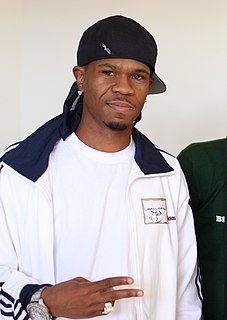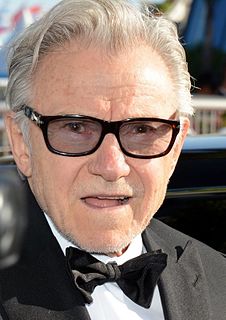A Quote by Chamillionaire
People always put you in a box as a rapper, especially when I get up on a panel and start speaking, and I start speaking when I got some sense. They're like, 'Oh, well, I didn't expect him to have sense.'
Related Quotes
If you're on a date and somebody comes up and says, "Oh, I loved you in Harry Potter," it's a bit weird, because you suddenly start thinking, "Oh, God. Is this weird for the other person I'm here with, or is this weird for my family?" But generally speaking, I don't really think because I was thrown into it so young and kind of always had that, it's just something you get used to. And most of the time... It was interesting.
When you speak a foreign language, you become someone else. If you aren't used to speaking a language, and you start speaking it again, for the first few sentences you'll find yourself in very strange shape, because you're still the person who was speaking the first language. But if you keep speaking that language, you will become the person who corresponds to it.
I've never written a fiction before about real people. . . . I read everything that I could find by people who met them and tried to get some impression of them, but as always when you write fiction, even if you have completely fictitious characters, you start by thinking of what is plausible, what would they say, what would they be likely to do, what would they be likely to think. At some point, if it is every going to come to life, the characters seem to take over and start speaking themselves, and it happened with [COPENHAGEN].
I never worry 'cause people always try to categorize me. "Oh, that's reggaeton." "Oh, he's a Latin rapper." "Oh, he's crunk." "Oh, he's a Southern rapper," or, "He's a club rapper." As long as they're listening to the music and they're talkin' about it, one way or the other, that means I'm doing something right.
I start my process hand written, and then I dump it in. It's like you're getting a second draft 'cause when I put it in the computer, I fix it and change stuff. That's my process. I picked that up from speaking to Neil Gaiman and Joe Hill. I was messing around with the idea of starting to write more, writing a book and doing things like this, and I reached out for advice. They were like, "Oh, we hand write, and then we dump it all in." I was like, "Great! There's no more blank pages."




































